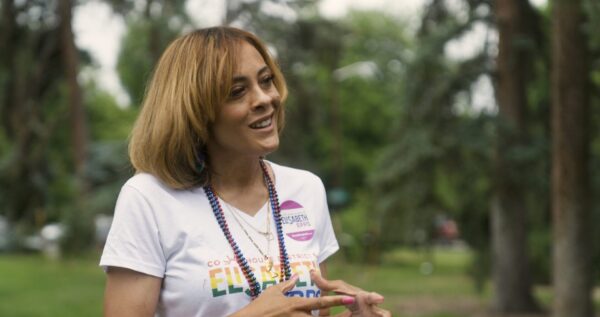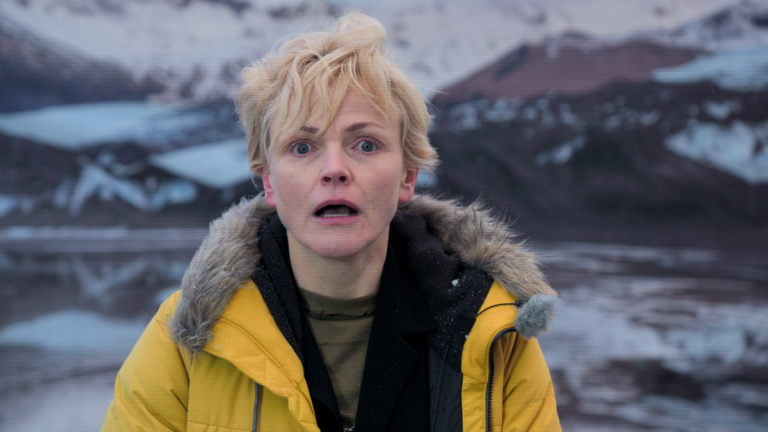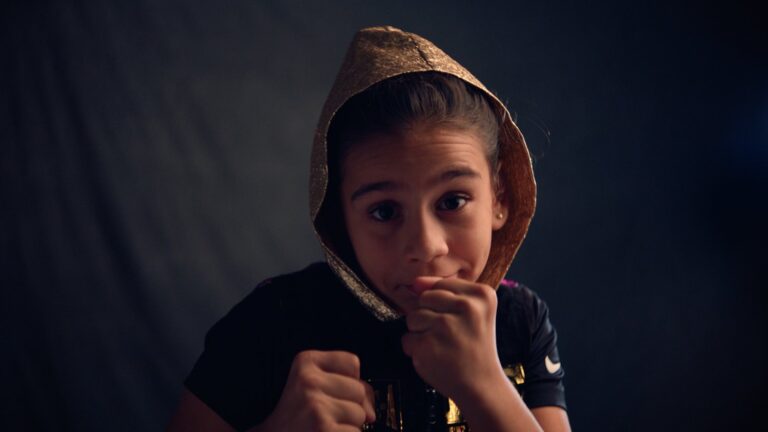Inspired by a New York Times article, HOW WE GET FREE follows the intrepid Elisabeth Epps over the course of two years as she works to abolish cash bail in Colorado and put an end to the criminalization of poverty. Epps is the founder and leader of the Colorado Freedom Fund, one of nearly 100 community bail funds around the country that help incarcerated people who can’t afford their bail before trial. For Epps, this work is personal – she spent time in jail herself, bearing witness to the conditions she is so desperate to change.
The film opens in the fall of 2020 as she drives around Denver with thousands of dollars of cashiers checks in hand, bailing people out of jail, and sparring with the local Sheriff about the future of policing. After years of grassroots activism, and on the heels of the 2020 racial reckoning, Epps confronts a new challenge: calls from her community to run for State Representative.
*Available in-person only.



